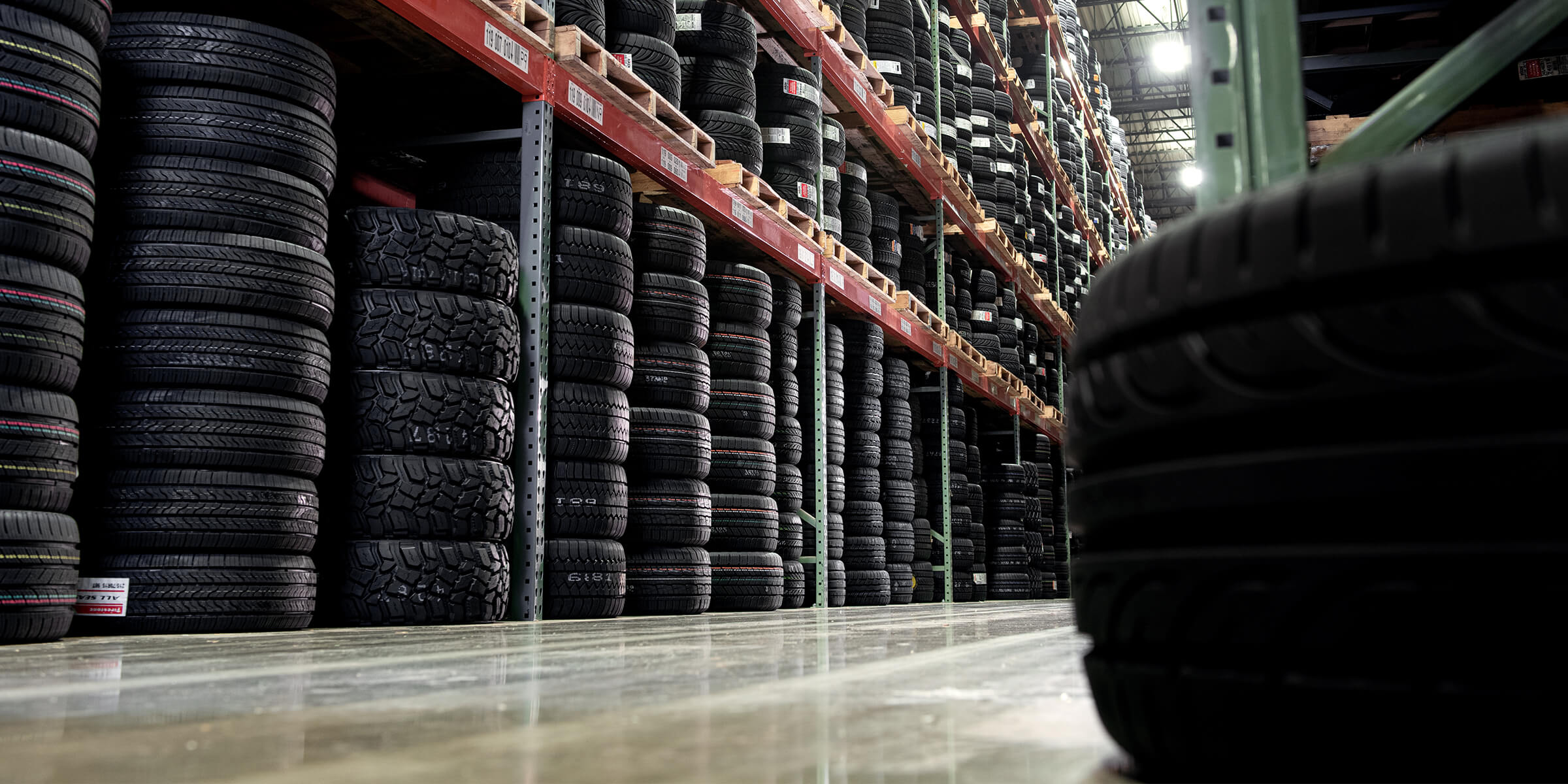Tire Service: Understanding Tire Pressure Tracking Solutions
Understanding Tire Pressure Tracking Solutions (TPMS) is a critical element of maintaining ideal car performance and safety and security on the road. With innovations in vehicle innovation, TPMS has come to be a typical function in modern lorries, supplying real-time information on tire stress levels. Delving deeper right into the intricacies of TPMS, one can reveal the numerous parts that comprise this system and the significance of each in ensuring precise monitoring. From straight to indirect TPMS systems, the landscape of tire pressure surveillance varies, each with its unique collection of factors to consider and benefits. Stay tuned to untangle the complexities of TPMS, from upkeep suggestions to the obvious advantages of maintaining your tires appropriately pumped up. tire shop morris.

Importance of TPMS
The relevance of Tire Stress Monitoring Equipments (TPMS) hinges on their capability to improve lorry security and performance with real-time surveillance of tire stress degrees. Keeping the appropriate tire pressure is vital for ensuring ideal handling, braking, and general security of an automobile. TPMS gives chauffeurs with immediate comments on any type of overinflated or underinflated tires, enabling timely changes to be made.
Parts of TPMS
Comprising numerous vital components, a Tire Pressure Monitoring System (TPMS) operates as an advanced safety attribute in contemporary vehicles. The major components of a TPMS consist of sensors, a control component, and a warning indication. Sensors are typically situated in the tire shutoff stem or affixed to the wheel setting up, where they determine tire stress and transfer information to the control module. If it detects substantially reduced pressure in any of the tires, the control component procedures this info and triggers a warning. The caution indicator, typically an icon on the dashboard, informs the vehicle driver to check the afflicted tire or tires. Some progressed TPMS designs additionally show the real tire stress analyses for each tire, offering chauffeurs with real-time details to ensure ideal tire efficiency and safety and security. By monitoring tire stress continually, TPMS helps avoid mishaps, minimizes tire wear, and improves gas performance, making it an essential element for automobile security and performance.
Kinds Of TPMS

On the various other hand, indirect TPMS relies on the lorry's wheel speed sensing units to keep track of tire stress. This system spots underinflation by comparing the rotational rates of the wheels. Indirect TPMS is less pricey than direct TPMS, as it uses existing sensing units within the vehicle.
While straight TPMS offers a lot more accurate readings, indirect TPMS is easier in layout and typically needs much less upkeep. Both systems have their constraints and advantages, and the selection in between them typically relies on factors such as expense, lorry make, and individual choice. Comprehending the differences between these two sorts of TPMS can help lorry proprietors make informed choices pertaining to tire upkeep and security.
TPMS Upkeep Tips
Efficient maintenance of TPMS is necessary for ensuring ideal performance and safety and security of your lorry. Frequently checking the TPMS sensing units for any kind of damages or corrosion is essential. Guarantee that the sensors are clean and complimentary from particles that might disrupt their performance. Furthermore, it is a good idea to examine the sensing unit batteries occasionally and change them as needed to ensure precise readings. Conduct routine checks on the tire pressure degrees and contrast them with the TPMS analyses to ensure they correspond. Rectify the system adhering to the maker's guidelines if there are any type of discrepancies. Furthermore, throughout tire turning or replacement, make sure that the TPMS components are taken care of meticulously to avoid any type of potential damages. Finally, if the TPMS warning light brightens on the dashboard, address the concern immediately by checking the tire stress and the general system for any mistakes. By adhering to these upkeep ideas, you can prolong the life-span of your TPMS and enhance the safety and security of your driving experience.
Benefits of Proper Tire Stress
Preserving appropriate tire pressure, as Full Article stressed in TPMS Maintenance Tips, is essential for reaping the countless advantages associated with optimum tire stress levels. In addition, appropriate tire pressure makes certain also tire wear, extending the life-span of the tires and promoting safer driving problems. In conclusion, the advantages of appropriate tire stress go beyond simply tire durability; they encompass enhanced fuel performance, enhanced safety and security, much better lorry performance, and total driving comfort.
Conclusion
In verdict, comprehending tire pressure monitoring systems (TPMS) is critical for keeping optimal tire stress and guaranteeing lorry security. By click this identifying the importance of TPMS, being acquainted with its components, understanding the various types offered, sticking to proper upkeep pointers, and realizing the advantages of keeping proper tire pressure, vehicle drivers can enhance their driving experience and extend the life-span of their tires. Proper tire pressure is crucial to secure and efficient lorry operation.
